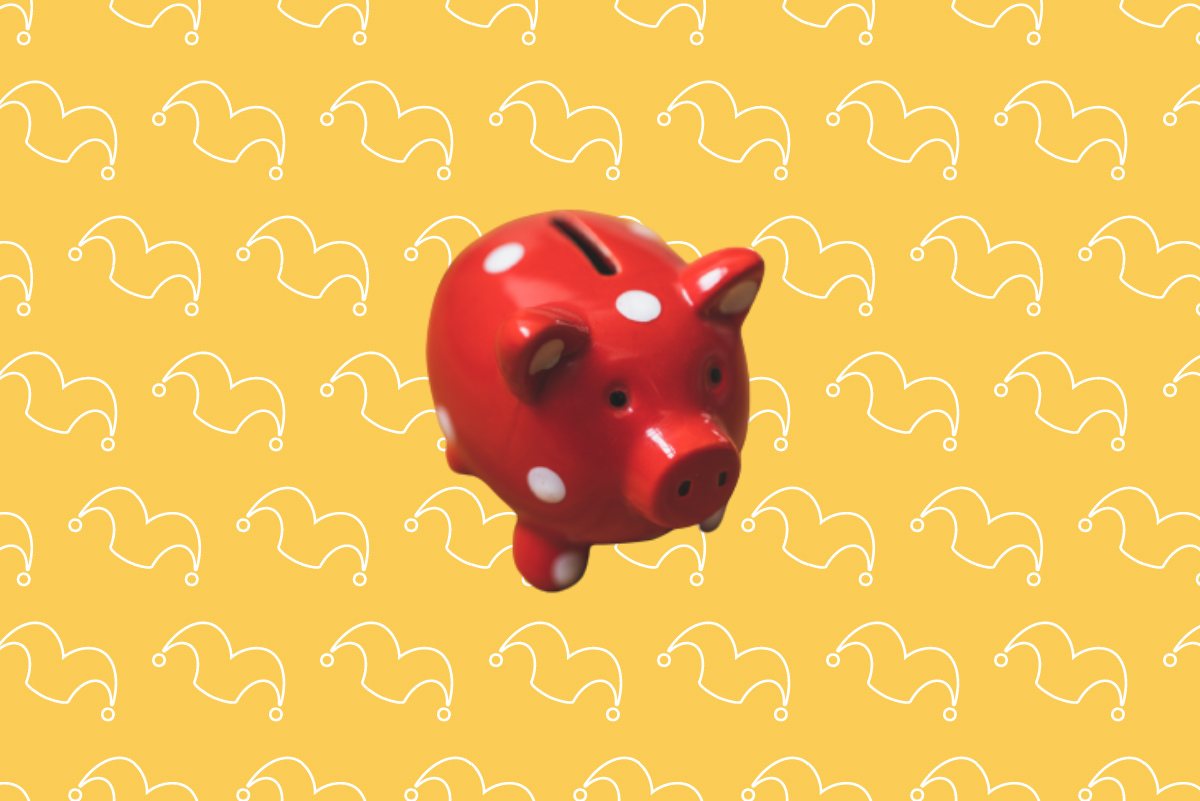Saving for a really big purchase? Be aware of this risk

When it comes to saving money, a savings account is often a good place to do it. As the name suggests, this is not surprising.
Savings accounts allow you to access your funds when you need them and allow you to earn returns on your investments (which can be quite generous for high-yield accounts). They usually also come with FDIC insurance. This means that you cannot lose up to a certain amount of money you have invested.
However, if you are saving for a very large purchase, there are some very important risks to be aware of.
Key benefits: Save money while paying off your debt with one of our top-rated balance transfer credit cards
Insurance Risks of Large Savings Account Balances
When splashing out money for a large purchase, you should know that FDIC insurance has limits.
Specifically, the FDIC insures up to $250,000 of deposited funds per depositor, per bank. So, if you and your spouse have accounts at the bank together, you would be protected for $250,000 each, or $500,000 total.
but Even if you are single and have $250,000 in savings and $50,000 in your checking account, your bank will only cover $250,000 and $50,000 of your funds will not be protected.
Now, it may seem hard to imagine that you would ever have more than $250,000 in the bank at one time. But if you’re saving for a down payment on an expensive home or other major purchases in the future, this is very likely to happen. And if so, you should know that you are not completely protected from losing all your hard-earned money.
It may seem absurd that in this day and age a bank would fail. But it does happen, and there have been some recent bank failures. You don’t want to take any risks, especially when you’re talking about such big money.
How can I protect my funds if I exceed the FDIC limits?
If you have very large savings and have more than $250,000, one option is to open an account at a different bank. As long as you keep the balance in each account below your insurance limits, you should be fine. It’s a little more hassle, but it’s better than losing your funds.
Another technique is to use a cash management account. These accounts are typically non-bank cash accounts that offer a hybrid savings/checking service.
Cash management accounts often have higher interest rates, and choosing the right account can help you spread your money out to an FDIC-insured bank. This means you can get more coverage if your deposited funds are up to $1 million or more. There are several risks before your funds are transferred to the program bank, including the fact that your funds will not be protected unless your cash management account is a member of the Securities Investor Protection Corporation (SIPC). But if you do your research, this can be a great solution.
The important thing is to recognize the problem and explore one of these options to find out the hard way: Your money in the bank isn’t as safe as you thought.
This savings account is FDIC insured and can earn 11 times the bank’s earnings.
Many people are missing out on guaranteed returns by letting their money languish in large bank savings accounts that pay little to no interest. we chose Best Online Savings Accounts You could earn 11 times the national average savings account interest rate. Click here Find the best-in-class accounts included in our list of the best savings accounts of 2024.



